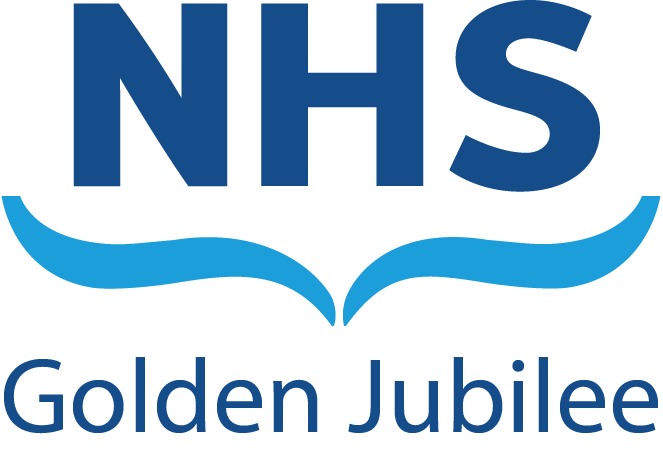Lung Surgery
Lung Surgery patient journey
Consultant Appointment
When you are referred to the Golden Jubilee National Hospital, you will be given an appointment to see a Consultant Lung Surgeon at either at the Golden Jubilee or at your local hospital.
Outreach clinics take place every week in hospitals across the west of Scotland.
This means that you may see one of our surgeons in your local hospital before surgery. You will normally have your follow up visits at the same hospital if these are required; this will depend on your procedure and your individual recovery.
Regardless where you are seen for these appointments, if you require surgery, this will take place at the Golden Jubilee National Hospital.
At your consultation, the surgeon will look at your medical history, your X-rays, scans and examine you. From this information the surgeon will discuss the appropriate treatment options with you.
If surgery is planned, your surgeon will discuss the operation in detail and explain all the associated risks and complications, beginning the process of informed consent.
You may also see an anaesthetist who will explain the anaesthetic and pain relief choices available to you.
If surgery is planned, you may stay for the Pre-Operative Assessment Clinic or come back on another day for the pre-operative clinic at the Golden Jubilee National Hospital.
Pre-Assessment Clinic
Lung Surgery Pre-Assessment Clinic
The Lung Surgery Pre-operative Assessment Clinic is run by experienced nurses and healthcare assistants.
The aim of the clinic is to determining if you are medically fit for surgery.
This process will usually take three to four hours and while we aim to have everything done on that day, some patients may have to come back another day for further tests.
You will receive a Lung Surgery Information Booklet. You should read your booklet before your operation to help you prepare for your operation and your recovery.
Attending clinic
Bring all medication that you are taking in its original packaging.
The nurse will examine you, ask you questions about your medical history, and take blood samples.
Tests you might get at clinic include:
Blood tests – such as full blood count, blood clotting tests and kidney function tests. This can tell us what is normal for you and identify any conditions such as anaemia that may need corrected before surgery.
X-ray – we may need to get an up to date chest X-ray.
Urine test – this is to screen for infection. If positive, a course of treatment will be given and you will be re-tested again before surgery. Infections can delay your operation and it is important to get them treated.
MRSA and Carbapenemase-producing Enterobacteriaceae (CPE) tests – Infections can delay your operation and it is important to get them treated. If positive, a course of treatment will be given and you will be re-tested again before surgery.
ECG – This test is used to detect problems with the heart such as an abnormal heart rhythm. It may be carried out before your operation if you are over 60 with chest pain or a history of heart disease and you are undergoing major surgery.
Lung or Pulmonary Function Tests – this measures how well your lungs are working. This test may have already been done at your local hospital but we may need to get more up to date results.
Admission
3 West is the Thoracic ward.
Some patients are admitted to the ward the day before surgery while others are admitted on the day of surgery to the Surgical Day Unit (SDU) and go back to the ward or the critical care area after the operation. Your admission letter will tell you what time and which ward to come to.
Discharge
The discharge planning process begins at the pre-assessment clinic. We will ask about your home circumstances and transport arrangements at clinic and again when you come in for your operation. This is a good time to start planning who will help at home and who will take you to and from the hospital.
You will be discharged home when you have met the discharge criteria found in your patient booklet, for example, you have achieved your therapy goals and have adequate pain control. Patients normally go home between four and six days after their operation or sooner.
All necessary medication will be given to you before you go home.
Rehabilitation
At home it is very important that you continue with all the exercises and precautions given by the physiotherapists and doctors. This will help you get back to fitness and get the best recovery.
Your booklet is also a good resource to help you remember your exercises and breathing techniques. Your booklet has contact details for the ward and the lung nurse who can answer any questions or worries you have when you get home.
Follow-up
You will attend a routine follow-up appointment between six and eight weeks after your operation. We will write to you after you are discharged home to confirm your follow-up appointment.

